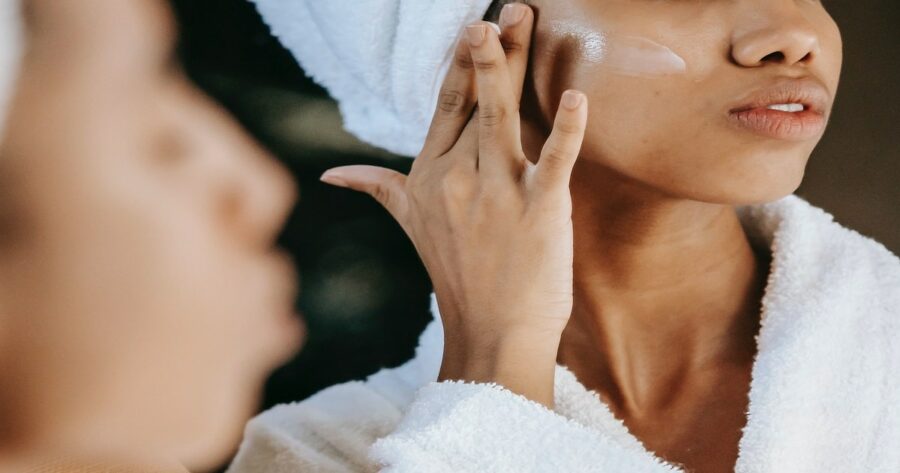Gabon, Jamaica, and Sri Lanka have recently joined forces to combat the use of skin-lightening products that contain harmful substances such as mercury. These countries are taking a holistic approach to eliminate mercury from skin-lightening products and promote the beauty of all skin tones. The initiative is a $14-million effort to protect the environment and human health.
Skin whitening, also known as skin bleaching, is a popular practice in many countries, including Gabon, Jamaica, Sri Lanka, China, and Korea. This practice involves the use of products that are designed to lighten the skin tone. While skin whitening products may provide some cosmetic benefits, they can pose significant risks to human health and the environment.
A 2018 study conducted by the Zero Mercury Working Group and the Biodiversity Research Institute tested over 300 skin-lightening products from 22 countries. The study found that approximately 10% of the skin-lightening creams exceeded the allowed limit of mercury, with many containing as much as 100 times the authorized amount. Mercury is a toxic substance that can cause serious health problems, including damage to the kidneys, lungs, and nervous system.
Skin bleaching is often sensationalized in movies, television shows, and music videos as a sign of beauty. This portrayal is problematic because it can create unrealistic beauty standards and promote low self-esteem, especially in young people who may feel pressure to conform to these standards.
The Gabon, Jamaica, and Sri Lanka initiative aims to address these issues by promoting the beauty of all skin tones and eliminating the use of harmful substances in skin-lightening products. This holistic approach includes not only regulating the production and distribution of skin-lightening products but also promoting education and awareness about the risks associated with these products.
The initiative will focus on reducing the use of mercury in skin-lightening products. Mercury is often used in skin-lightening products because it is a cheap and effective ingredient that can quickly lighten the skin tone. However, the use of mercury in these products is highly toxic and can have long-term health and environmental consequences.
Mercury is a bioaccumulative substance, meaning that it can build up in the environment and in living organisms over time. This can lead to serious health problems for people and wildlife. The use of mercury in skin-lightening products can also contaminate water sources and contribute to the pollution of the environment.
Gabon, Jamaica, and Sri Lanka initiatives will work to eliminate mercury from skin-lightening products by promoting the use of safer, alternative ingredients. This will involve working with manufacturers to encourage the use of safer ingredients and promoting the use of natural and organic products.
In addition to eliminating the use of harmful substances in skin-lightening products, the initiative will also focus on promoting the beauty of all skin tones. This will involve promoting diversity and inclusivity in the beauty industry and challenging unrealistic beauty standards.
It is important to note that skin whitening is not unique to these countries, and many countries around the world have a history of promoting skin-lightening products as a beauty standard. This is often rooted in colonialism and the idea that lighter skin tones are superior to darker skin tones. This mentality has perpetuated over time and continues to be a problem today.









